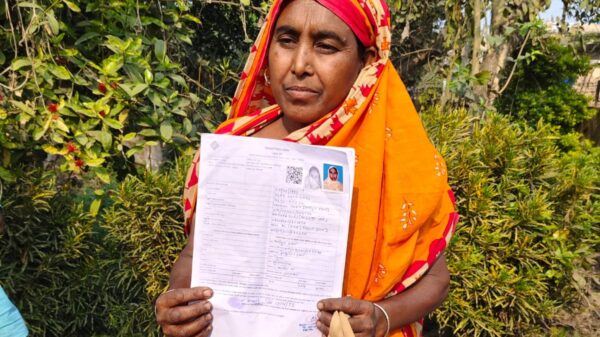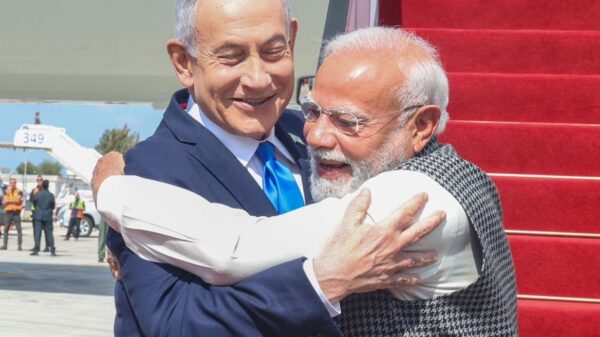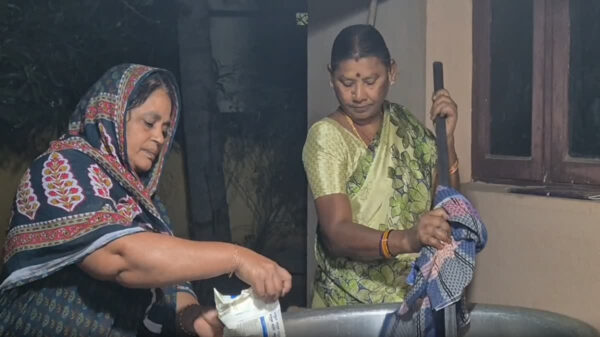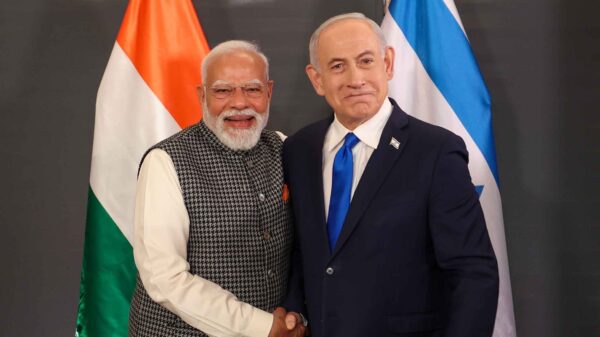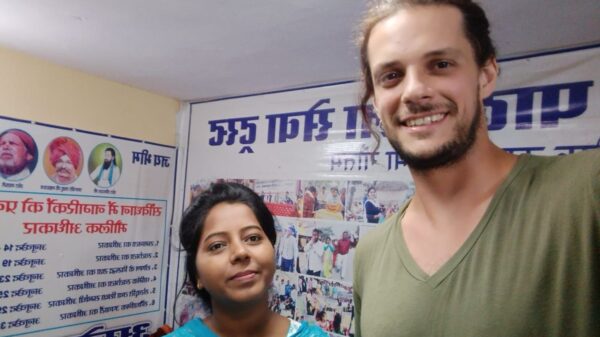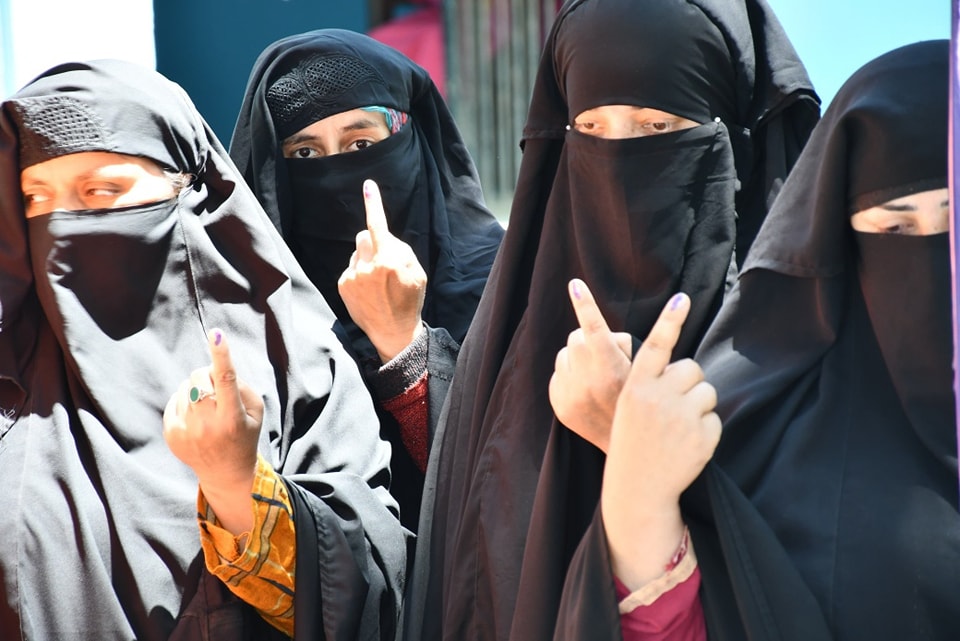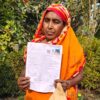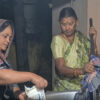The 18th Lok Sabha election results, declared on June 4, marked a shift in India’s political landscape. The Bharatiya Janata Party (BJP), which had confidently campaigned with slogans of “Ab ki baar 400 par”, faced a drastic reduction and ended up with just 235 seats. This result delivered a much-needed lifeline to the Congress and Samajwadi Party.
The Congress, under the leadership of Rahul Gandhi, claimed to secure 295 seats within the INDIA alliance but managed to win only 99 seats on its own. Despite these results, which some are calling a victory for secularism in India, Muslim representation remains minimal. Only 24 Muslim MPs have been elected to the new Lok Sabha, continuing a trend of low Muslim representation in recent elections.
Historically, the highest number of Muslim MPs in the Lok Sabha was 42 in 1980, while the lowest was 22 in 2014. The Muslim community, which is the second-largest in India and plays a decisive role in many constituencies, has seen consistently low representation over the past three elections.
The Bahujan Samaj Party (BSP) was proactive in giving tickets to Muslim candidates, fielding the highest number of them. However, many political analysts saw this strategy as challenging for the India Alliance. A notable example is Kunwar Danish Ali from Amroha, who previously won a Lok Sabha seat with a BSP ticket but lost by 28,670 votes when contesting from the Congress this time. In the same constituency, BSP’s Mujahid Hussain came in third with 1,64,099 votes.
West Bengal has elected the highest number of Muslim MPs in the 18th Lok Sabha, with six winners. Uttar Pradesh follows with five, Kerala and Jammu and Kashmir each have three, Bihar and Assam have two each, and Lakshadweep, Telangana, Tamil Nadu, and Ladakh have one each.
Party-wise, the Congress boasts the most Muslim MPs, with seven. The Trinamool Congress, led by Mamata Banerjee, has five, while the Samajwadi Party has four. The Indian Union Muslim League has three, the National Conference has two, and Asaduddin Owaisi’s AIMIM and two Independents make up the rest.
Despite having approximately 172.5 million Muslims, constituting 14.02% of the population according to the 2011 Census, their representation in the Lok Sabha is a mere 4.4%. The BJP-led National Democratic Alliance, despite its ‘Sabka Saath-Sabka Vikas’ slogan, does not have a single Muslim MP in the new Lok Sabha.






